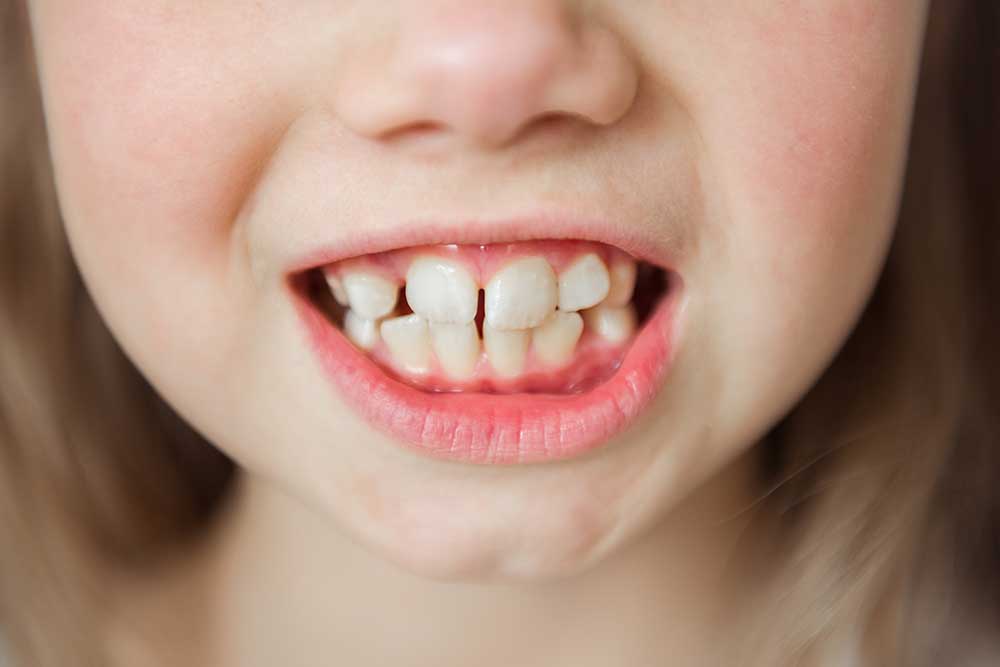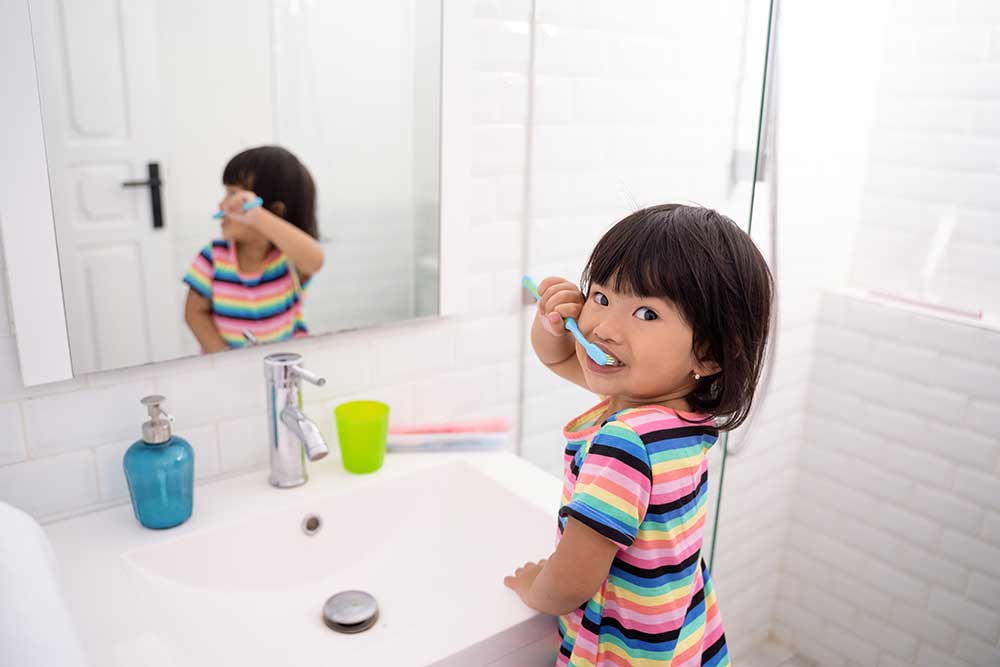You might think baby teeth, or primary teeth, are no big deal since they’re just going to fall out anyway. But these tiny teeth actually play a crucial role in your child’s development. Let’s dive into why primary teeth are so important!
1. Space Savers for Adult Teeth
Primary teeth act as placeholders for the adult teeth that will eventually come in. If a baby tooth is lost too early, the surrounding teeth might shift into the empty space, leading to crowding or misalignment issues when the permanent teeth come in.
2. Speech Development
Believe it or not, those little teeth are essential for learning to speak clearly. They help kids form sounds and words properly. Losing them too soon or having them in poor condition can impact a child’s speech development.
3. Chewing and Nutrition
Healthy baby teeth are necessary for proper chewing, which is crucial for getting the right nutrition. Kids need strong teeth to eat a variety of foods, ensuring they receive all the nutrients required for their growth and development.
4. Jaw and Facial Development
Primary teeth help guide the growth and alignment of the jaw. They contribute to the development of the muscles and bones in the face, setting the stage for a healthy adult mouth.
5. Confidence Boosters
A healthy smile can do wonders for a child’s self-esteem. Kids with strong, healthy teeth are more likely to smile and engage confidently in social interactions. Early dental care helps build a foundation for a lifetime of good oral hygiene habits.
Taking Care of Primary Teeth
So, how do we ensure these little teeth stay healthy? It’s simple:
- Brush twice a day: Teach your child to brush their teeth in the morning and before bed.
- Floss daily: Start flossing as soon as two teeth touch.
- Regular dental visits: Schedule check-ups every six months.
- Limit sugary snacks and drinks: Encourage a balanced diet and keep sugary treats to a minimum.
By taking care of primary teeth, you’re setting your child up for a future of healthy, happy smiles. So, let’s give those little teeth the attention they deserve—they’re more important than you might think!






